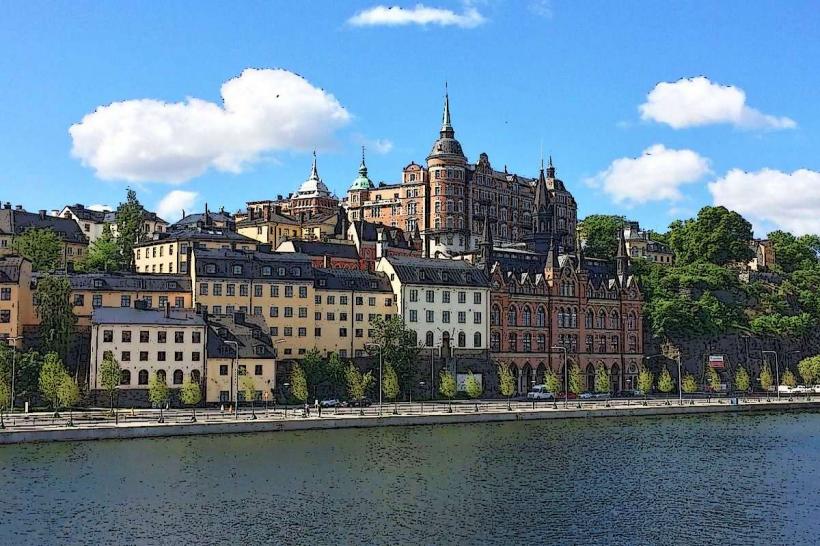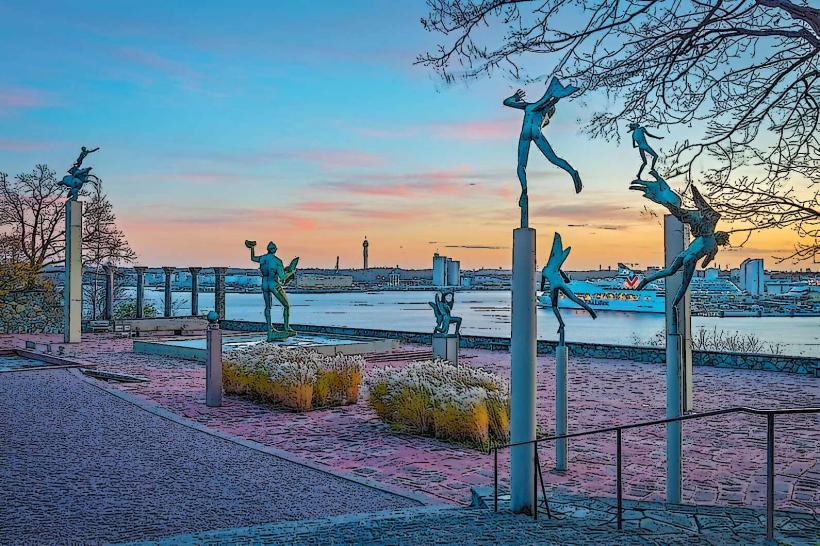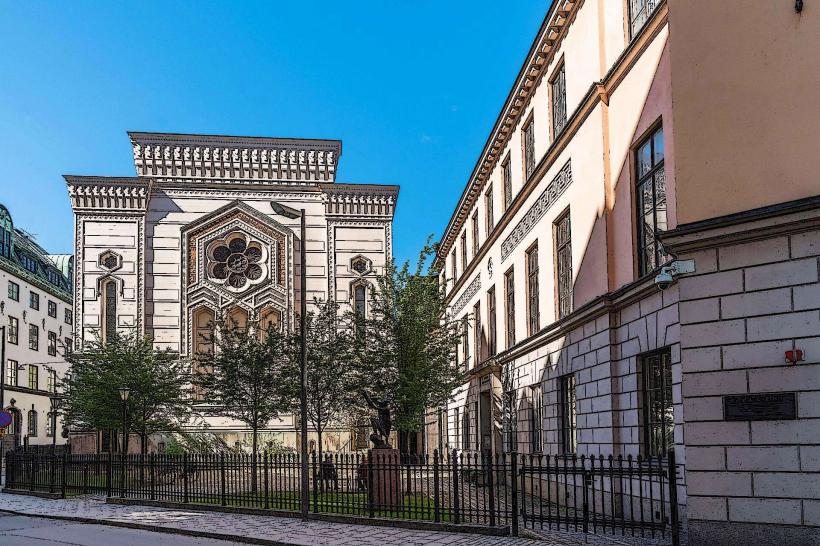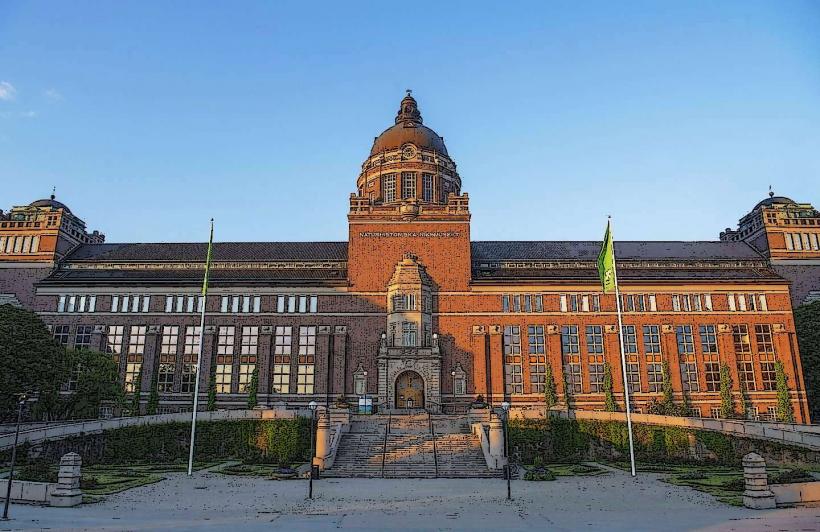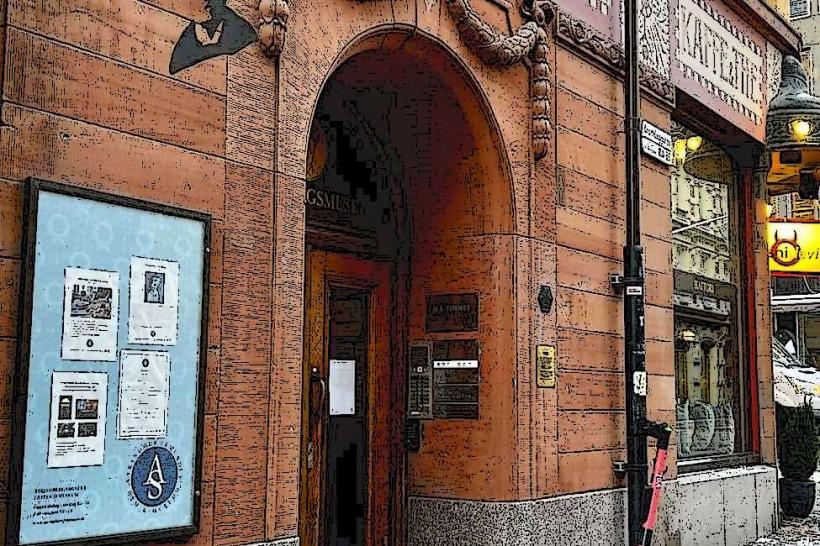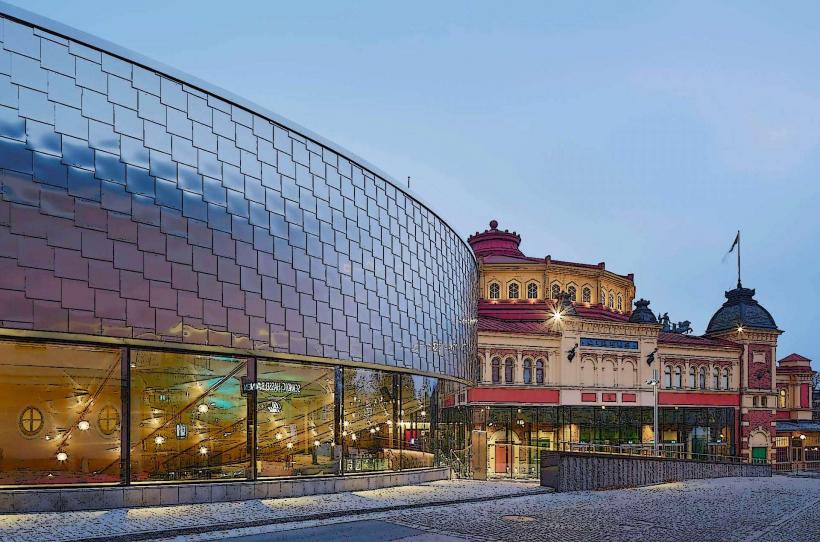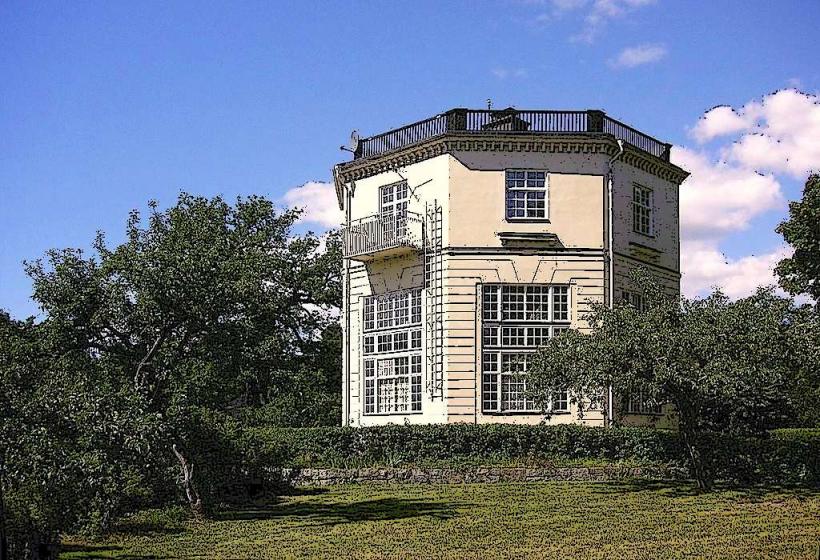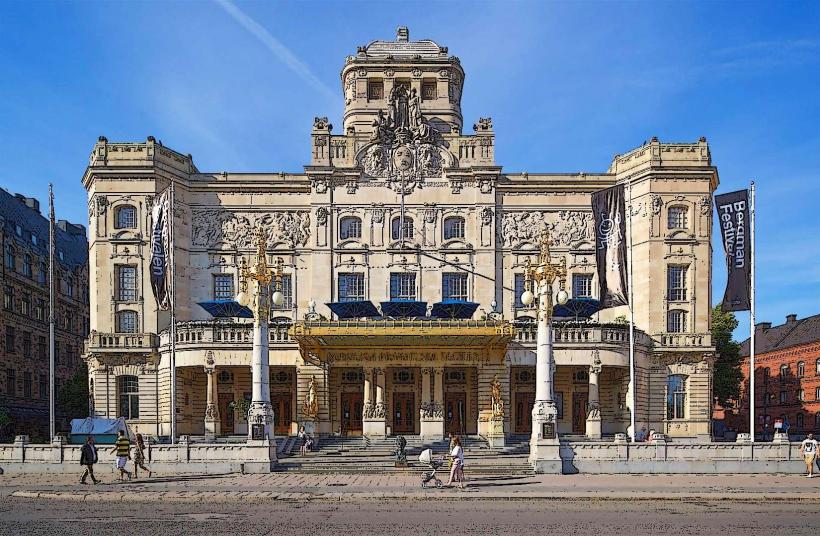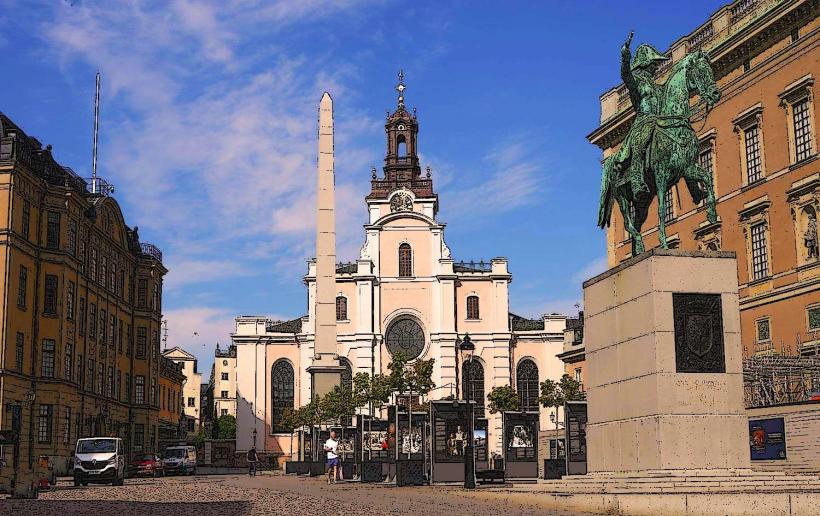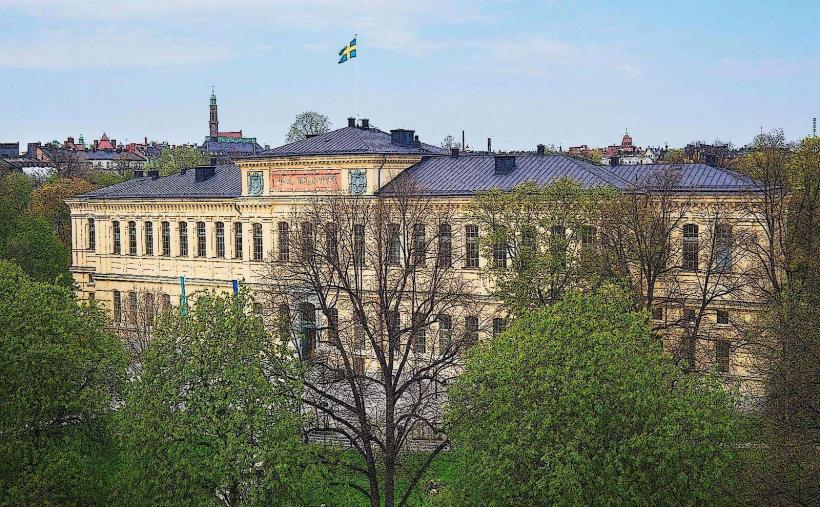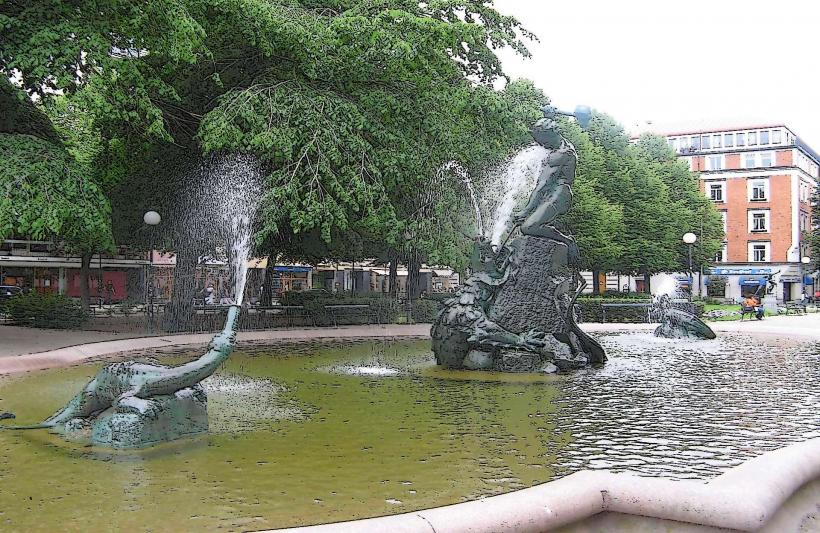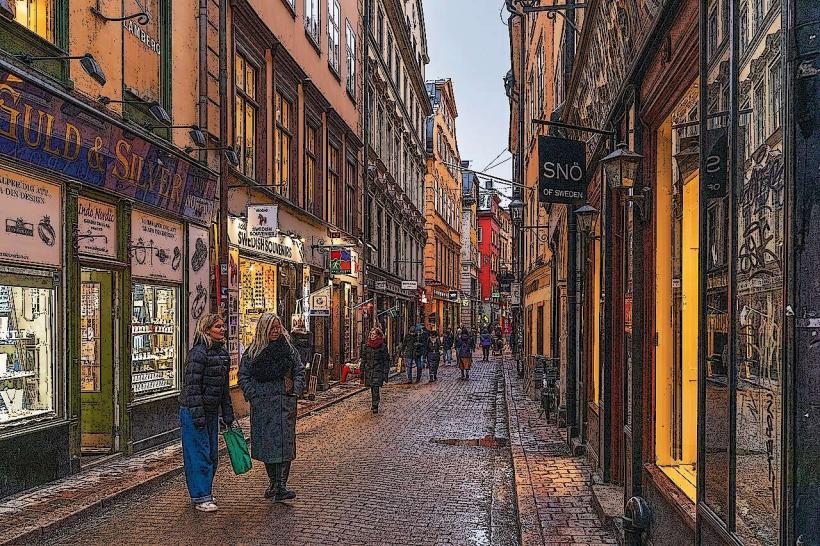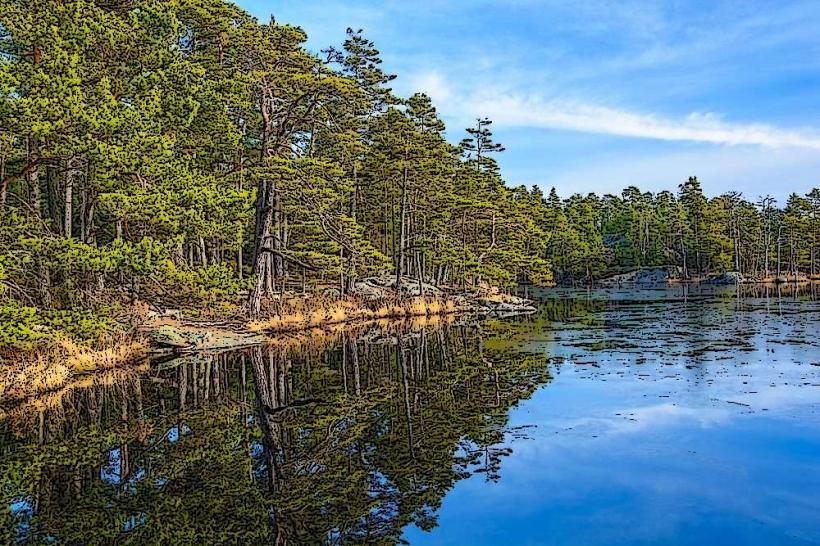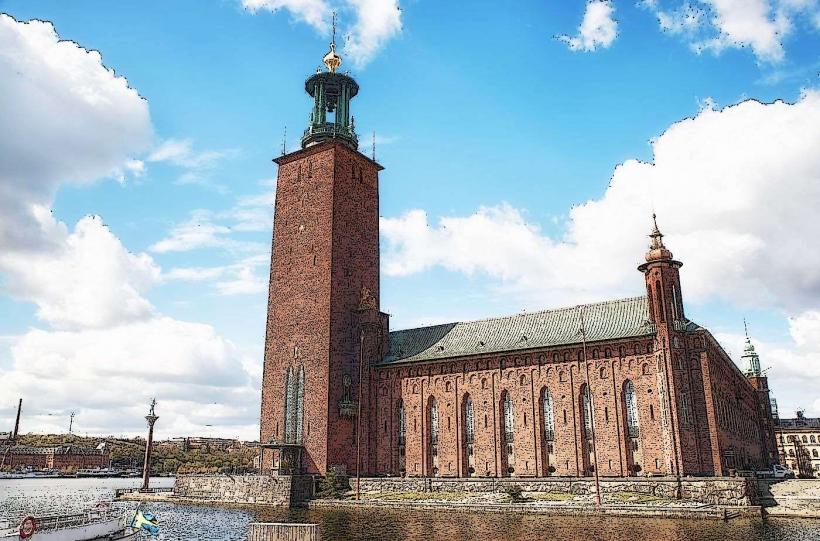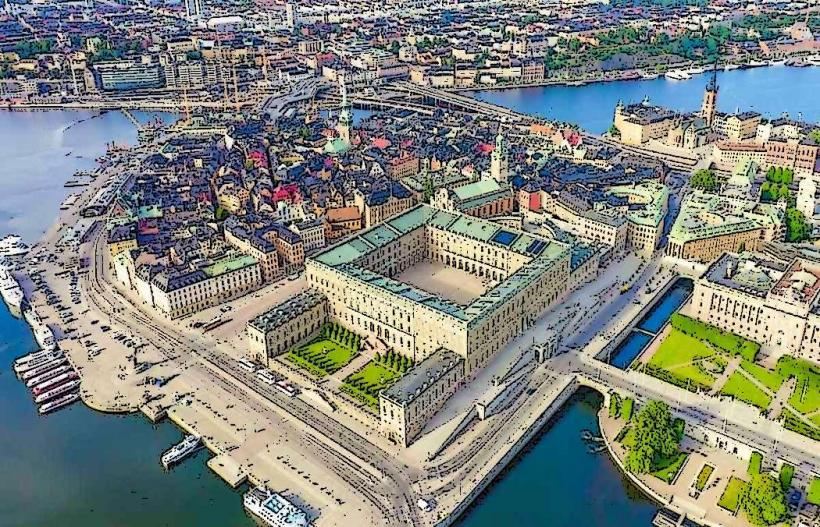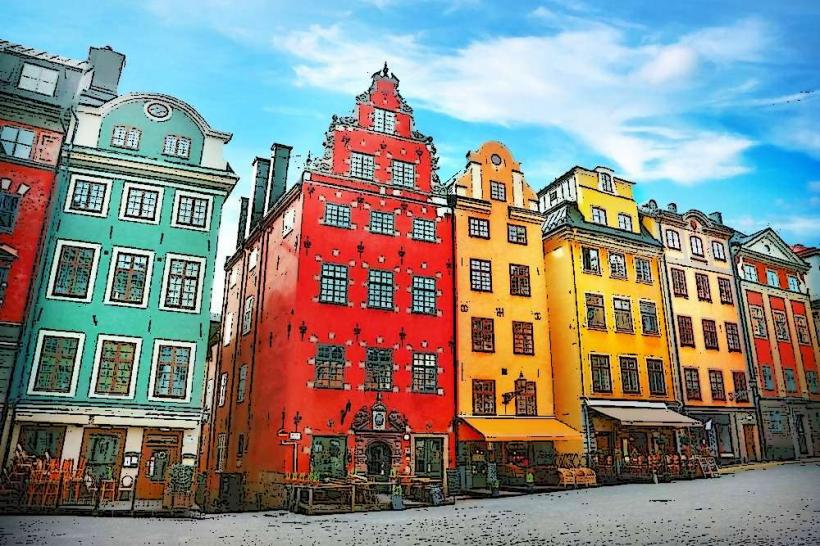Information
Landmark: Djurgården IslandCity: Stockholm
Country: Sweden
Continent: Europe
Djurgården Island, Stockholm, Sweden, Europe
Djurgården Island is one of Stockholm's most popular and scenic islands, known for its beautiful parks, cultural attractions, and historical landmarks. Located just east of the city center, Djurgården is part of the Stockholm Archipelago and offers visitors a unique combination of nature, history, and leisure activities. It is often considered the "green heart" of Stockholm, due to its extensive green spaces and tranquil environment, making it an ideal location for outdoor recreation.
1. Overview of Djurgården Island
- Location: Djurgården is located in the eastern part of Stockholm, easily accessible from the city center. It is surrounded by water, with the Baltic Sea to the east and the Strömmen and Djurgårdsbrunn Canal to the west. The island is connected to the city by bridges, making it a convenient and popular destination for both locals and tourists.
- Size and Landscape: Djurgården is about 2.5 square kilometers in size and is mostly covered in lush parks, gardens, and woodlands. The island features both natural landscapes, including forests and waterfront areas, as well as man-made gardens and carefully maintained parks.
2. Historical Significance
- Royal Heritage: Djurgården has been associated with Sweden’s royal family for centuries. In the 16th century, King Johan III of Sweden acquired the island, and it became a royal hunting ground and park. Later, during the reign of King Gustav III in the 18th century, Djurgården was developed into a recreational space for the nobility.
- Cultural Evolution: Over time, the island has evolved from a private royal property to a public space for the people of Stockholm. Today, Djurgården is a beloved area for locals to relax, stroll, and enjoy outdoor activities. It is also home to many of Stockholm's most important museums and cultural institutions.
3. Key Attractions and Points of Interest
- Vasa Museum: One of Stockholm’s most famous museums, the Vasa Museum (Vasamuseet) is located on Djurgården. The museum houses the Vasa, a 17th-century warship that sank on its maiden voyage and was salvaged in the 1960s. The ship is impressively preserved, and the museum provides fascinating insights into Sweden’s naval history.
- Skansen Open-Air Museum: Located on Djurgården, Skansen is the world’s first open-air museum, founded in 1891 by Artur Hazelius. Skansen showcases Swedish history and culture through exhibits of traditional Swedish buildings, a zoo with native Nordic animals, and seasonal events such as midsummer celebrations and Christmas markets.
- ABBA Museum: The ABBA Museum on Djurgården is dedicated to the iconic Swedish pop group ABBA, offering interactive exhibits and displays about their music, history, and cultural impact. The museum is a must-see for fans of the group and those interested in Swedish pop culture.
- Gröna Lund Amusement Park: Gröna Lund is an iconic amusement park located on the eastern side of Djurgården. Established in 1883, it features a variety of thrilling rides, live performances, and entertainment for visitors of all ages.
- Nordic Museum (Nordiska museet): The Nordic Museum is dedicated to showcasing Swedish cultural history, with exhibitions on everything from folk art and traditional costumes to modern Swedish life. The museum’s collections explore the history and development of Swedish society, including its material culture and customs.
- Djurgården's Green Spaces: Djurgården is also known for its green spaces, including beautifully landscaped parks, forests, and walking paths. The island is an ideal place for outdoor activities like walking, cycling, and picnicking. The Djurgården Canal and surrounding parks are particularly popular for relaxing by the water.
- ABBA Museum: Situated on Djurgården, the ABBA Museum celebrates the iconic Swedish pop group with interactive exhibits and memorabilia, making it a must-visit for music fans.
4. Recreational Activities
- Walking and Cycling: Djurgården is a great place for walking and cycling, with paths that wind through its parks, along the water, and through its cultural landmarks. Rent a bike or take a leisurely stroll through the lush greenery to enjoy the island's scenic beauty.
- Boating and Water Activities: Since Djurgården is surrounded by water, it is a fantastic spot for boating, kayaking, and paddleboarding. Visitors can also take a scenic boat tour of the surrounding archipelago from the island’s piers.
- Picnicking and Relaxing: The island’s numerous green spaces and waterfront areas make it an ideal place for a picnic or a relaxing day outdoors. Popular spots for picnics include the gardens near the Rosendals Trädgård (Rosendal Garden), which features a beautiful cafe, a garden shop, and organic produce.
5. Museum and Cultural Institutions
- Prince Eugen's Waldemarsudde: The former home of Prince Eugen, a Swedish prince and artist, Waldemarsudde is now a museum showcasing a collection of his artwork, along with pieces from other Swedish artists. It is located on the southern tip of Djurgården and is surrounded by beautiful gardens and views of the water.
- The Maritime Museum (Sjöfartsmuseet): Located near the Vasa Museum, the Maritime Museum explores Sweden’s rich maritime history, including its naval exploits, shipbuilding, and the significance of the sea in Swedish culture. The museum has interactive exhibits and a variety of ship models.
- The Swedish Music Hall of Fame: This museum celebrates Sweden's musical contributions, featuring exhibits about famous Swedish artists and bands, including ABBA, Avicii, and The Cardigans.
6. Getting There and Practical Information
- Public Transport: Djurgården is easily accessible by public transport from Stockholm’s city center. The Djurgården ferry is a popular way to get to the island from the central city, offering a scenic boat ride across the water. Additionally, the tram and bus services also connect Djurgården to other parts of the city.
- Opening Hours: Many of the attractions on Djurgården, including museums and parks, have seasonal opening hours, with extended hours during the summer months. It’s a good idea to check opening times in advance, particularly for specific museums or events.
- Admission Fees: Some of the museums on Djurgården charge admission, while others offer free entry. Discounts are often available for children, students, and senior citizens.
7. Conclusion
Djurgården Island is one of Stockholm's most cherished destinations, offering a perfect blend of nature, culture, history, and recreation. Whether you are interested in visiting world-class museums, enjoying scenic views of the archipelago, or simply relaxing in its parks, Djurgården offers something for everyone. Its proximity to the city center makes it an easily accessible getaway, and its rich history as a royal park only adds to its appeal.



